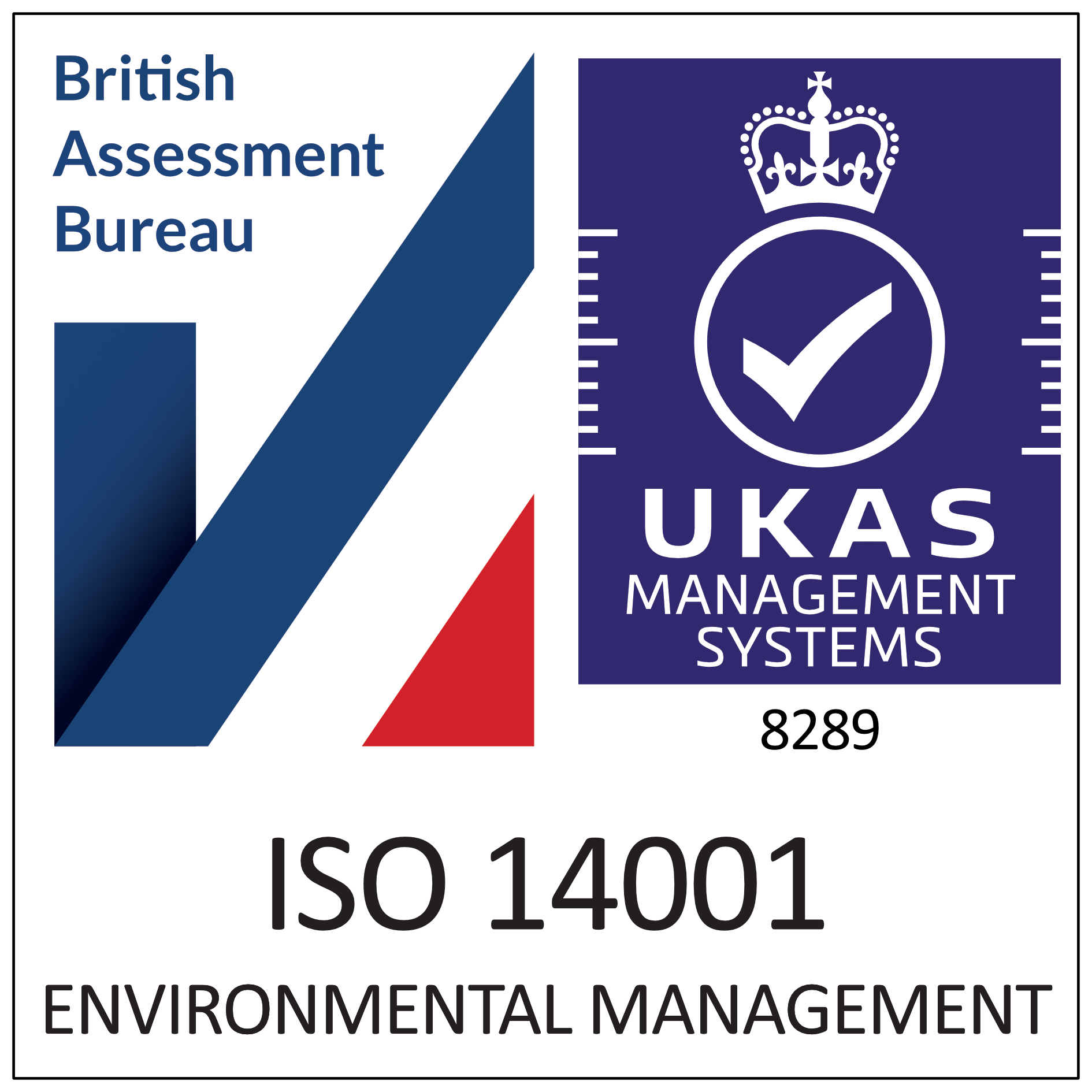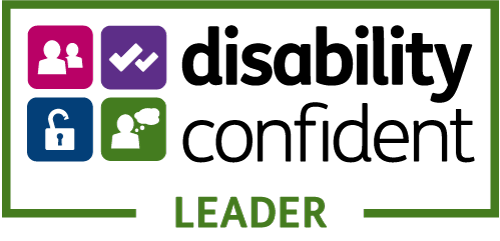
Welcome Wednesdays
Drop in on any Wednesday and see what Abingdon & Witney College has for you!

Drop in on any Wednesday and see what Abingdon & Witney College has for you!
Search our website for news, courses, and general information
Course code: XMBS450P
Subject area: Electrical Installation and Maintenance
Study level: Apprenticeship
Course level: 3
Course time:
Days of week:
Various
Course date:
1st Aug 2024 - 30th Jul 2027
Course location:
Abingdon CampusElectricians use engineering knowledge and understanding to apply technical and practical skills. They contribute to the design, development, construction, commissioning, operation and maintenance of products, equipment, processes, of electric systems or services. Electrical equipment and systems may include switchboards, motors, cables, fuses, thermal relays, protective devices, heating, lighting, air conditioning and metering equipment as well as property and life safety installations and renewable energy technologies.
· 42 months practical training period, plus 6 months for End Point Assessment
Delivery model:
· Work-based training with your employer
· Day release during term time (approximately 36 days per year, over 3 ½ years)
· Approximately 2 on-site assessment visits per year
· Level 2 Functional Skills in Maths and English (7 days at college for each, if required)
· Off the job training will count for at least 6 hours a week of an apprentice’s time at work
End Point Assessment:
· Observation of practical competence in a controlled environment
· Scenario based interview
· Online knowledge assessment
· Level 2 Functional Skills in English and Maths
· Level 3 Installation and Maintenance Electrician Apprenticeship
· Health and safety legislation and safe working practices
· Duties and obligations to act in protecting safety of self, colleagues and the public
· Safety Control equipment and how to use personal protective equipment (PPE)
· Written and verbal communication techniques.
· Customer and client service methods and techniques
· Key organisations and their purpose within the electrical industry and the electrician's role
· Relevant legislation pertaining to electrical work including Building Regulations; industry guidance notes; relevant codes of practice, the requirements of the current edition of the Wiring Regulations
· Mathematical and scientific techniques, and calculations that underpin an electrician’s work
· Tools, materials, equipment, and components, including prefabricated, available to be used when performing electrical work in industrial, commercial, and residential environments
· The purpose of different electrical and electronic equipment, installations, and systems
· Processes and procedures including MMC for the design, planning, set up, and installation of electrical and related electronic systems
· Methods of terminating and connecting cables in electrical wiring systems, installations, and equipment
· Fault diagnosis and rectification of electrical installations using different diagnostic techniques
· Safe isolation, initial verification and appreciate periodic inspection, testing and reporting
· Importance of accurate preparation, completion, and maintenance of relevant work documentation
· Project management techniques, including relevant continuous improvement processes
· Carry out work in a tidy and safe manner, including restoration of the work area on completion.
· Use verbal and written communication techniques. Uses industry terminology.
· Apply relevant legislation; Building Regulations; and industry guidance notes;
· Use a range of tools, materials, equipment, and components, including prefabricated, relevant to performing electrical work in industrial, commercial and residential environments.
· Design, plan, set up, and install electrical and related electronic systems including terminating and connecting cables in electrical wiring systems, installations, and equipment
· Inspect and test new and where applicable existing electrical Installations in industrial, commercial and residential environments using test equipment.
· Apply diagnostic and problem-solving techniques to identify, assess and resolve electrical faults
· Install electrical and electronic equipment and components, such as connections for EV charge points, battery storage, solar and thermal panels, heating and cooling systems.
· Maintain electrical and electronic equipment and components
· Record work including the completion and maintenance of work documentation
· Use relevant digital learning platforms and business communication and collaboration applications.








